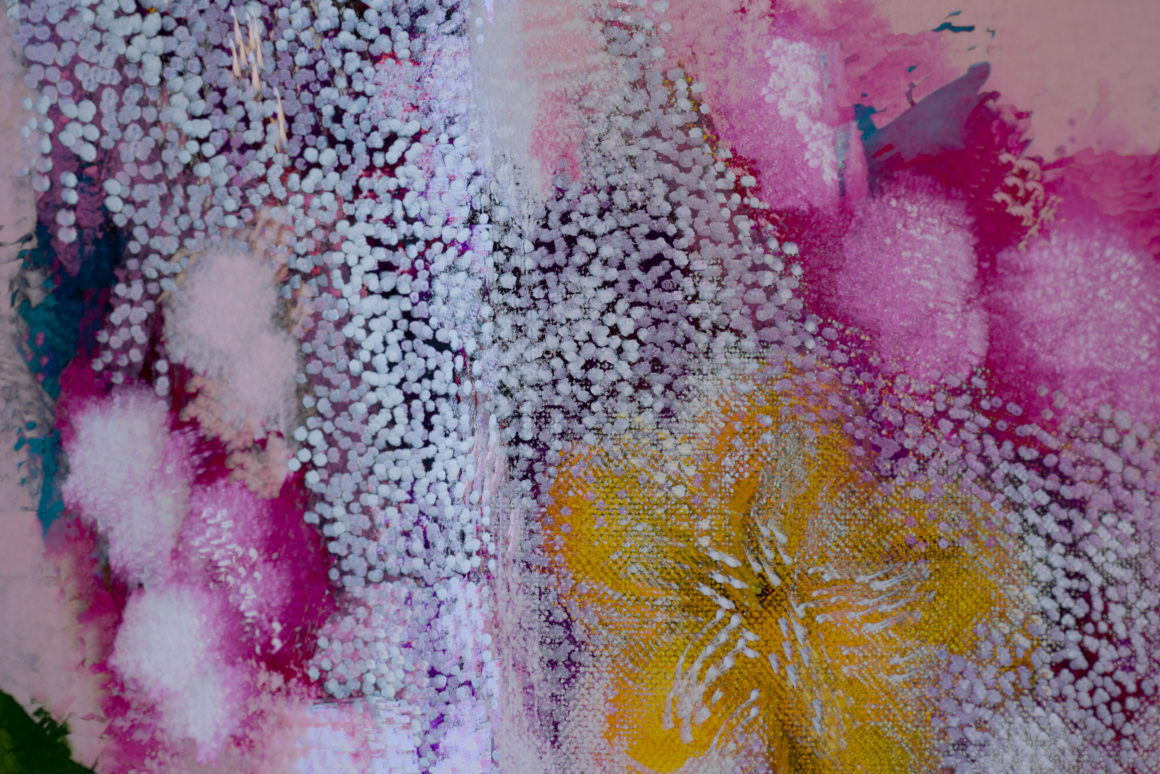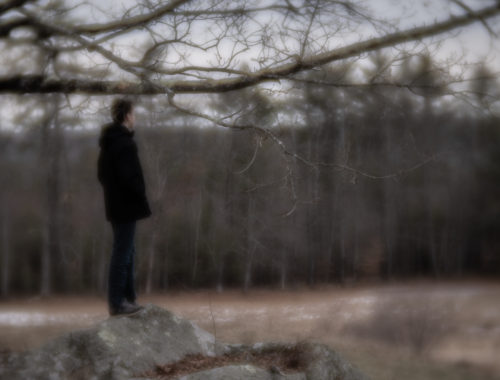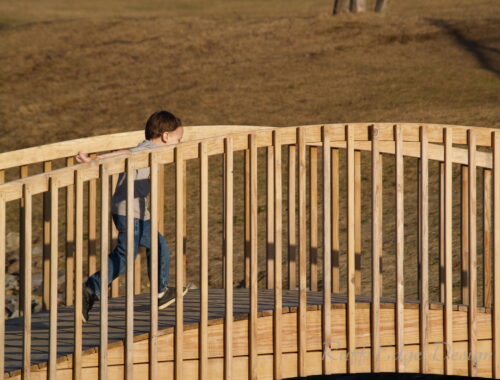
Who’s Minding the Store?
I know that people think I’m a conspiracy theorist. I’m okay with that. It can be hard to accept notions that don’t fit into the safe little worlds we’ve built with the help of institutions we’ve come to trust. It can be downright terrifying to think that people we’ve long relied upon might not truly have our best interests at heart.
In my naïveté, the world was a safe place until 1968. I thought it was watched over by an elite group of people with great wisdom who had proven themselves and were entrusted with protecting us and the planet. … I grew up. I lost that long-abiding feeling that there were older, wiser people minding the store. …We have to make it on the basis of our own wit. We have to be aware—when someone comes on the seven o’clock news with word that the global temperature is going up or that the oceans are turning into cesspools or that half the matter is going backward—that the media are at the mercy of the scientists who have the ability to summon them and that the scientists who have such ability are not often minding the store. More likely they are minding their own livelihoods.
—Dr. Kary Mullis, winner of the Nobel Prize in Chemistry
I recently heard Joe Rogan say that he used to think that those prone to believing conspiracy theories were lazy thinkers. He sees things differently now, and it seems to me that dismissing something as a conspiracy theory is the ultimate form of lazy thinking. I mean, someone who does that is not willing to even take a first step in disabusing themselves of long-held beliefs. Vaccine safety is an excellent example. Most, if not all, of those labeled “anti-vaxxers” that I’ve encountered used to vaccinate their children, and nearly as many stopped vaccinating after their children were injured by the cocktails pharmaceutical companies concoct and sell for well-meaning doctors and nurses to inject into young bodies. I feel fortunate that I stopped vaccinating before anything terrible happened to my children, although I cannot be sure that my kids who did receive vaccines have not been somehow injured. I do know that Luke, my oldest, who received more vaccinations than any of the others, is often the first to get sick and is usually hit hardest. On the other hand, he consumed gluten far longer than any of his siblings, and he displayed celiac disease symptoms as a child that I (and his peditricians) were too clueless to recognize.
A long-ago friend named Lisa is responsible for opening my eyes to my own hypocrisy concerning the health of my children. One day we were discussing vaccines, and I voiced my incredulity over her choosing to forego such important safeguards in keeping her kids healthy. She responded with a simple statement, “You haven’t read what I’ve read.” It took me no more than a moment to concede that she was right. So, what did I do? I bought a book, The Immunization Resource Guide by Diane Rozario, and I read it. After I did that, I started asking questions, posing most of them to the doctors and nurses who were supposed to be trusted with my children’s health. None of them had satisfactory answers. I especially loved the response I got from Sam’s pediatrician when he was a year old and was due for an MMR shot. I asked the good doctor if what she wanted to inject into my baby that day contained Thimerosol, a preservative made with mercury. Her response? “I don’t know.” Now, say what you want about “anti-vaxxers,” it seems to me that we all should be able to agree that a person responsible for vaccinating thousands of children should know exactly what she’s telling parents they should put into those teeny, little bodies. It got better, though. I asked her for the insert that comes with the vaccine. She turned on her heel in a huff and left the room. When she returned, she threw at me a piece of paper covered on both sides with fine print and said, “Enjoy your reading.” I replied, “Thank you. I will, and Sam will be receiving no immunizations today.”
Sam is 16 years old. I’ve been researching vaccines a long time. I know more about how they are made and what they contain than my sister, who is a nurse. I bet I’m also better informed on such matters than your average, everyday doctor.
As to other “conspiracy theories”? Bring ‘em on. I’m not afraid of information. Give me access to it, so I can draw my own conclusions. Isn’t that the way it should be? Shouldn’t we be concerned by those who respond to serious questions with a wave of the hand and a dismissive, “Oh, that’s just a conspiracy theory”?




